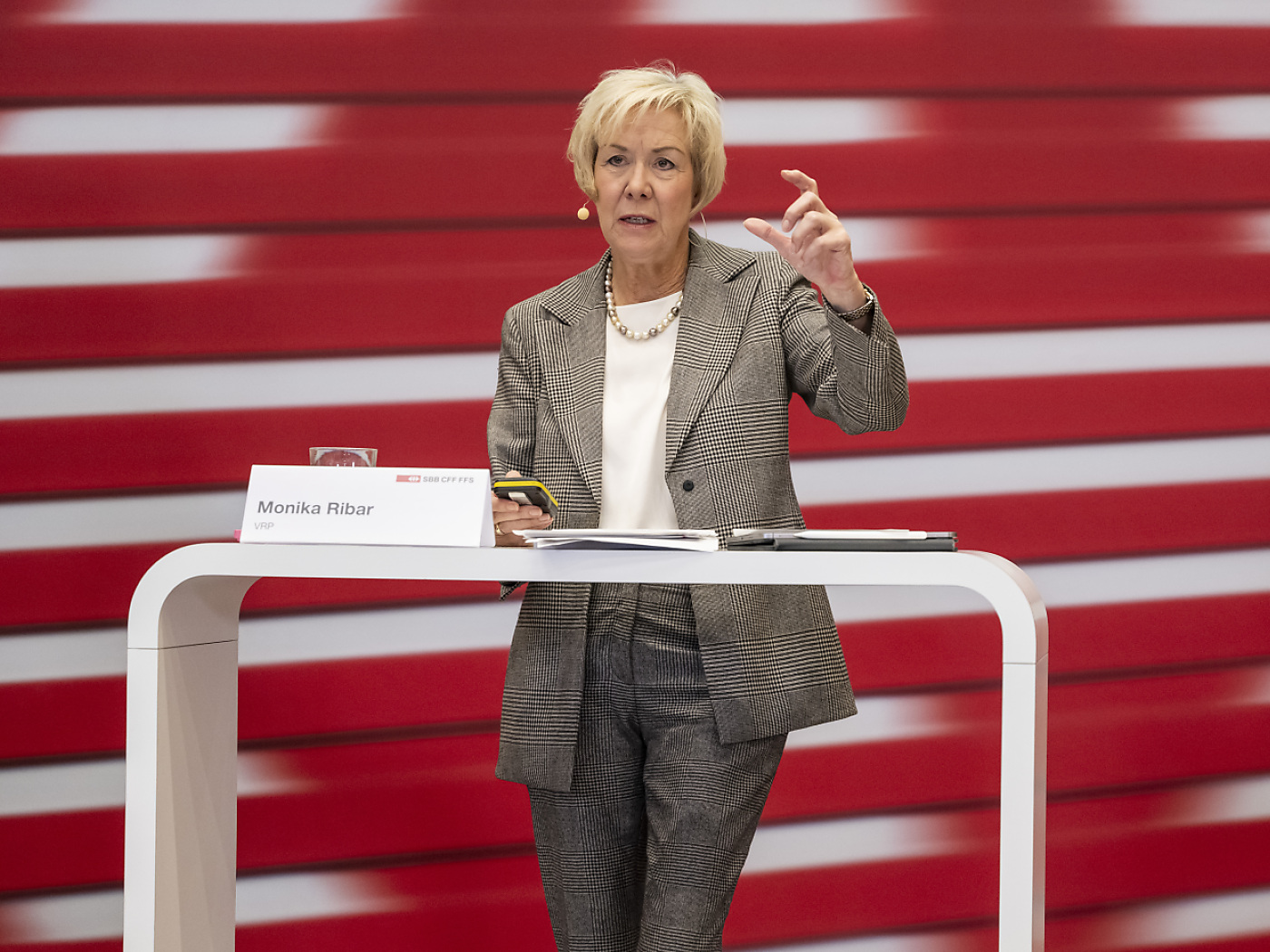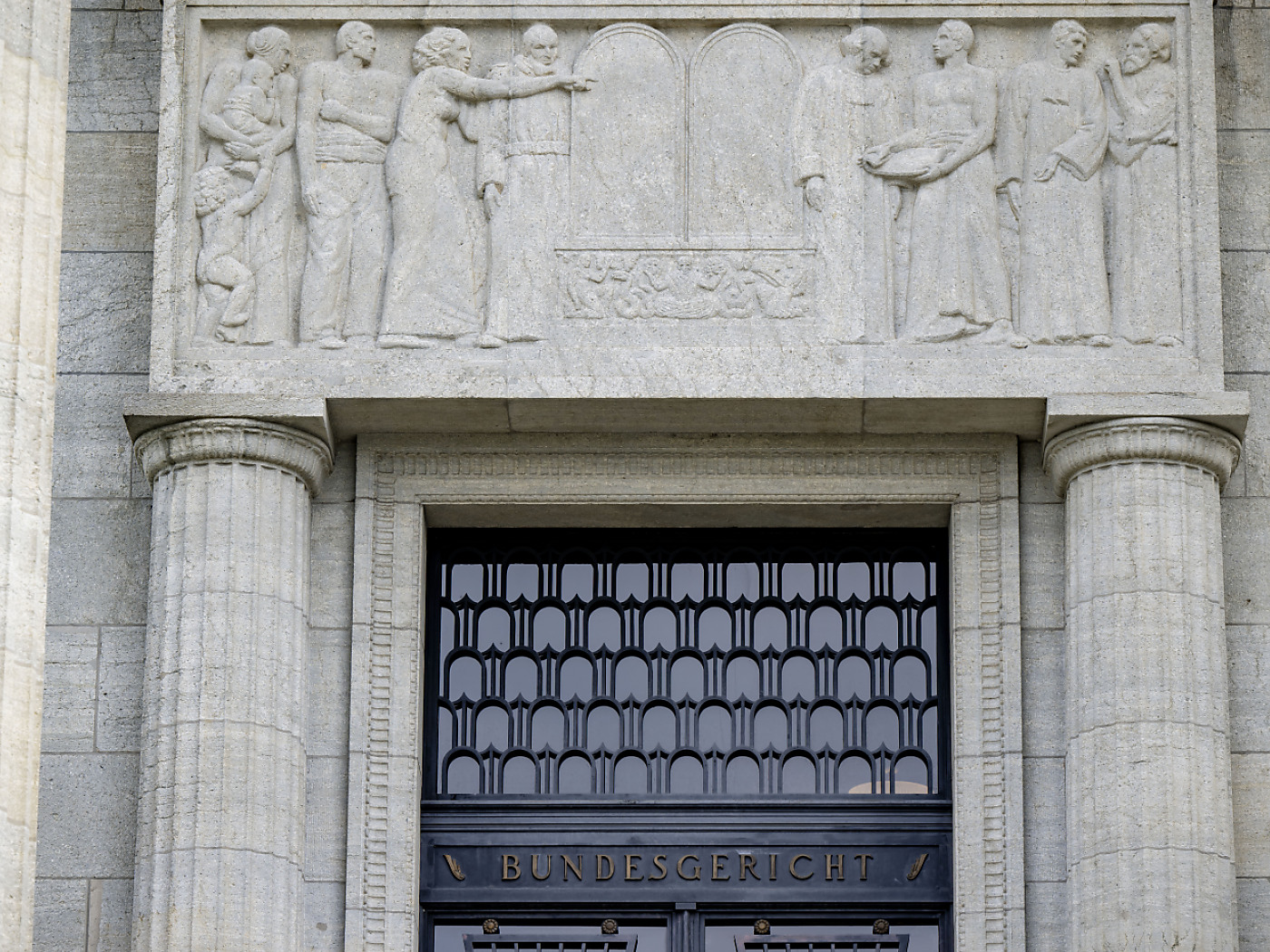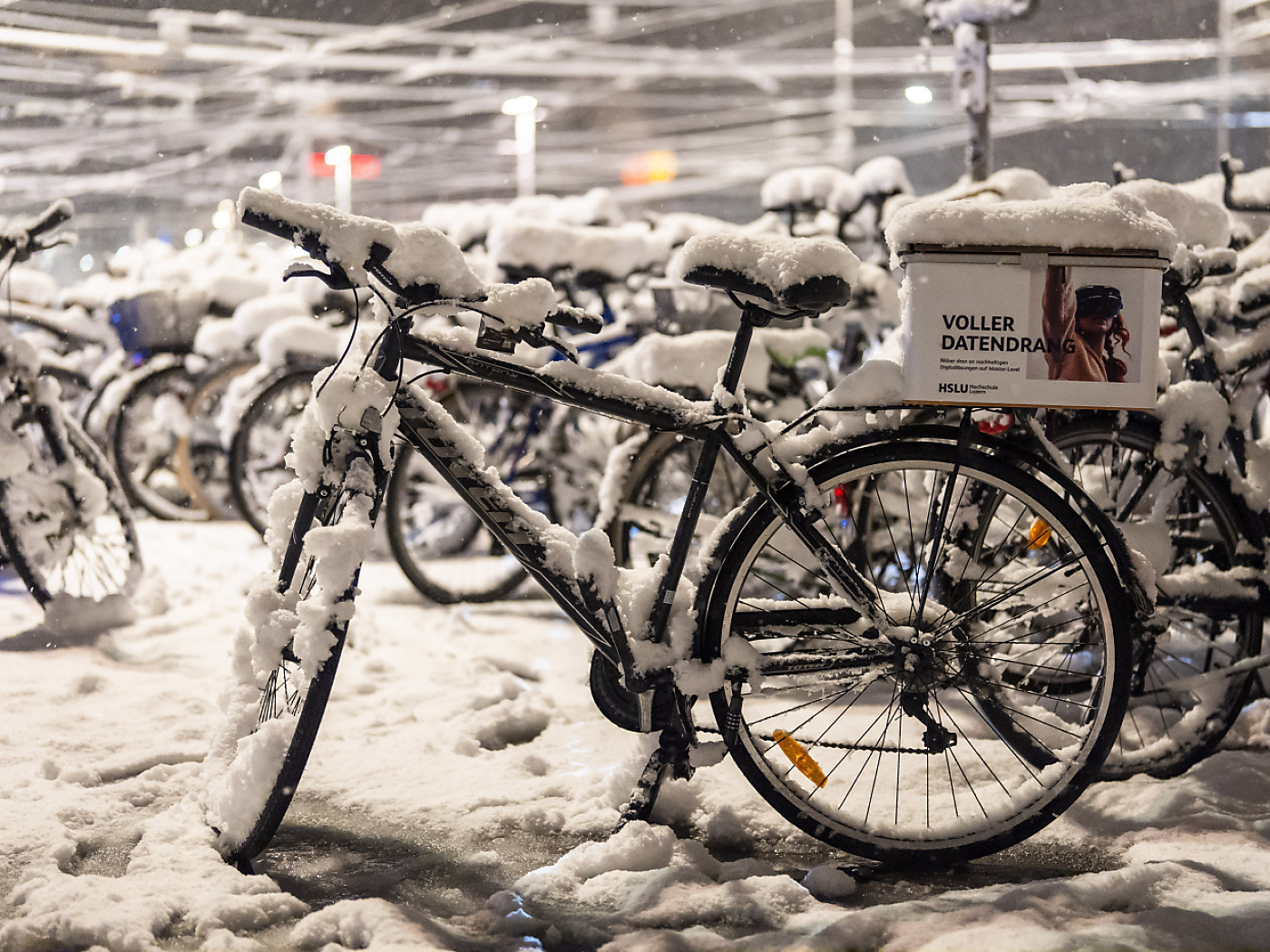
Martin Schlegel took over the top job at the SNB in October 2024.
Keystone / Anthony Anex
Equity levels at the Swiss National Bank (SNB) are much too low for the risks its large balance sheet poses, according to Martin Schlegel.
Extending the central bank’s capital base must be prioritised over distributing profits to Switzerland’s government and cantons, he told an audience of economists in Zurich on Friday.
His remarks may indicate the SNB won’t make a payout to the state for this year, even though it achieved a solid profit in the first nine months. The institution already skipped disbursements for two years in a row after posting a record loss in 2022.
+ Should the SNB pay out more to the government?
While distributions are governed by an agreement with the finance ministry, the central bank has some leeway as to how much of its earnings it holds back as reserves. Due to the size of its assets, which are currently worth some CHF840 billion ($940 billion), the institution’s performance depends strongly on market developments and can change rapidly.
Schlegel said the large balance sheet was a major side effect of foreign-currency purchases that were necessary to ease pressures on the Swiss franc after 2008’s global financial crisis. Not doing so would have increased deflation risks, he added.
“The franc is a safe-haven currency,” Schlegel said. “The effect of the currency on inflation is significant because of the openness of the Swiss economy.”
The size of the SNB’s balance sheet is the result of its monetary policy, he added, saying that all foreign-exchange interventions – in a policy mix with interest rates – follow the goal of maintaining price stability in the medium-term.
Schlegel also echoed previous remarks that the SNB doesn’t exclude taking borrowing costs negative again if necessary.
With Swiss inflation at just 0.6%, some economists worry that it could undershoot the SNB’s 0-2% target range. Policymaker Petra Tschudin said on Thursday that consumer-price growth is “comfortably” in the desired range.













